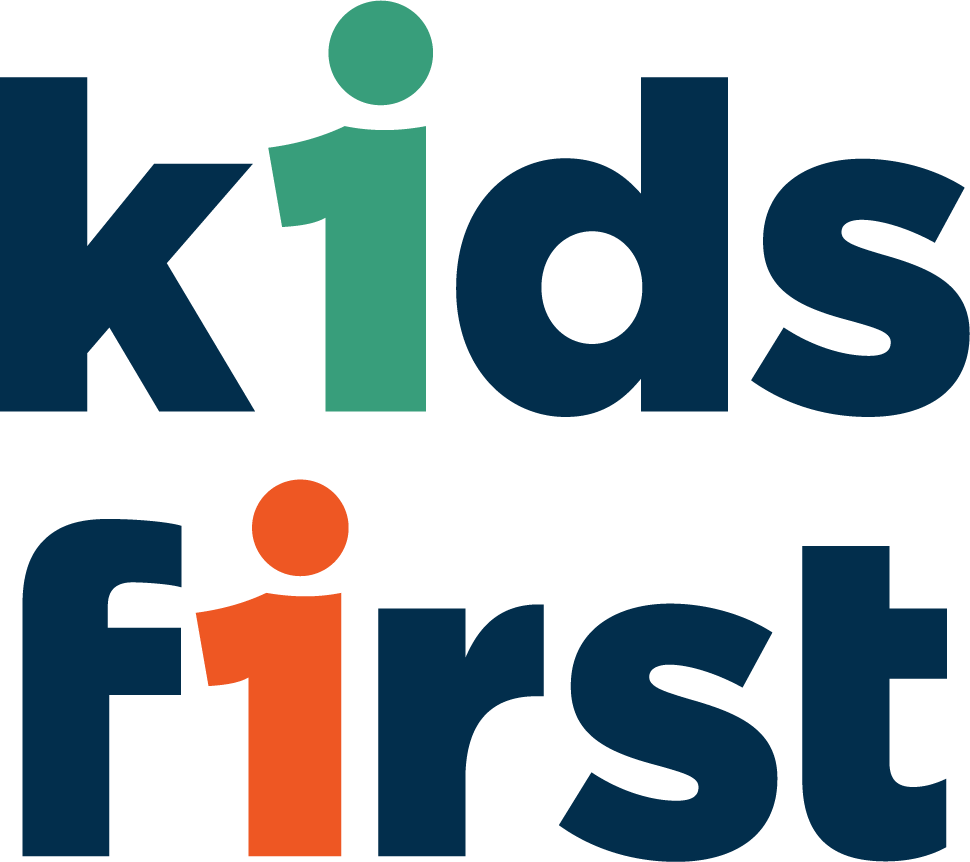The Fulfilling Adventure of Foster Parenting for Teens
Fostering teens is a dynamic journey filled with rewards and challenges. Navigating the adventure requires insight, patience, and proactive strategies. Let's unravel the adventure together, discovering practical solutions for fostering positive connections and empowering the incredible potential within every teen. This can be a positive and transformative experience for both you and your teen.
1. Building Trust and Connection When Fostering Teens.
The art of active listening begins with being present in the moment.
Teens are navigating the complexities of adolescence, and trust is the currency of your relationship. The solution, master the art of active listening. Create a safe space where your teen feels heard and understood. Here are some practical tips:
Put away distractions, silence the buzzing smartphone, maintain eye contact, give your undivided attention to your teen, and show genuine interest in their thoughts and feelings.
Nod in acknowledgment and use affirmative gestures to convey that you are tuned in to their words.
Avoid interrupting or finishing their sentences.
Reflect back on what you've heard to confirm your understanding. Phrases like "It sounds like you're feeling..." or "I hear you saying..." validate their emotions and demonstrate that you are actively processing and internalizing their perspective.
Acknowledging their feelings without necessarily agreeing or disagreeing demonstrates empathy and creates a bond of understanding. This signals that what they have to say is valued and important.
Incorporating these elements into your communication toolkit allows you to navigate the unique challenges of parenting teens with grace, empathy, and a genuine willingness to listen. Furthermore, by fostering open communication, you'll build a foundation of trust that is essential for a strong parent-teen relationship.
2. Setting Boundaries Without Straining Relationships
Collaborative rule setting is a harmonious approach to establishing boundaries with teens.
Setting boundaries is crucial, but doing it collaboratively can make all the difference. Involve your teen in the process of establishing rules and consequences. It's not about imposing rules but co-creating guidelines that align with your expectations and their needs.
For example, negotiate curfew times based on both parties' needs, fostering a sense of responsibility. Co-create guidelines for screen time, balancing technology use with other activities. Consider academic expectations collaboratively, promoting achievable goals. This empowers them, communicates that their opinions matter, and helps create a sense of ownership.
When teens understand the reasoning behind rules, they are more likely to adhere to them. This collaborative approach to decision-making fosters mutual respect, reduces conflicts, and creates a positive foundation for a strong and understanding connection.
3. Navigating School and Academic Challenges
Create a supportive learning environment that fosters confidence and success.
Teens often face academic hurdles, and as a foster parent, you play a pivotal role in their educational journey. Establish a supportive learning environment by creating a dedicated study space, setting realistic expectations and academic goals, and encouraging open communication about school challenges.
Foster a positive attitude towards learning by emphasizing effort over perfection. Explore tutoring or mentorship opportunities to provide additional support. Stay involved with their education, attend parent-teacher conferences, and offer ongoing encouragement and praise. This supportive atmosphere instills a lifelong love of learning, preparing your teen for success beyond the classroom.
4. Addressing Emotional Well-being
Develop emotional intelligence to build life skills.
Adolescence is a time of emotional turbulence, and developing emotional intelligence is key to navigating these ups and downs. Practically speaking, this can include the following when fostering teens:
Encourage your teen to express their emotions openly and provide guidance on healthy coping mechanisms.
Introduce mindfulness practices, such as deep breathing, meditation or journaling, to help them manage stress.
Promote regular physical activity to release endorphins, the body's natural mood boosters.
Foster creative outlets, such as art or writing, as expressive channels.
Cultivate a supportive social network, ensuring teens have outlets for sharing thoughts and feelings.
Teach time management skills to alleviate academic pressures.
By incorporating these strategies, teens manage stress constructively and develop a robust toolkit for emotional resilience, enabling them to navigate the complexities of adolescence with greater ease and self-awareness. By nurturing emotional intelligence, you equip your teen with valuable life skills that extend far beyond their teenage years.
Fostering teens is a unique and rewarding experience that requires patience, understanding, and a proactive approach. By addressing common challenges head-on and implementing practical solutions, you can create a nurturing environment that supports your teen's growth and development.
Embrace the adventure, celebrate the victories, and know that your guidance plays a crucial role in shaping a positive future for these remarkable young adults; they can and will emerge from the tumultuous teenage years with a well-rounded and resilient emotional foundation.

